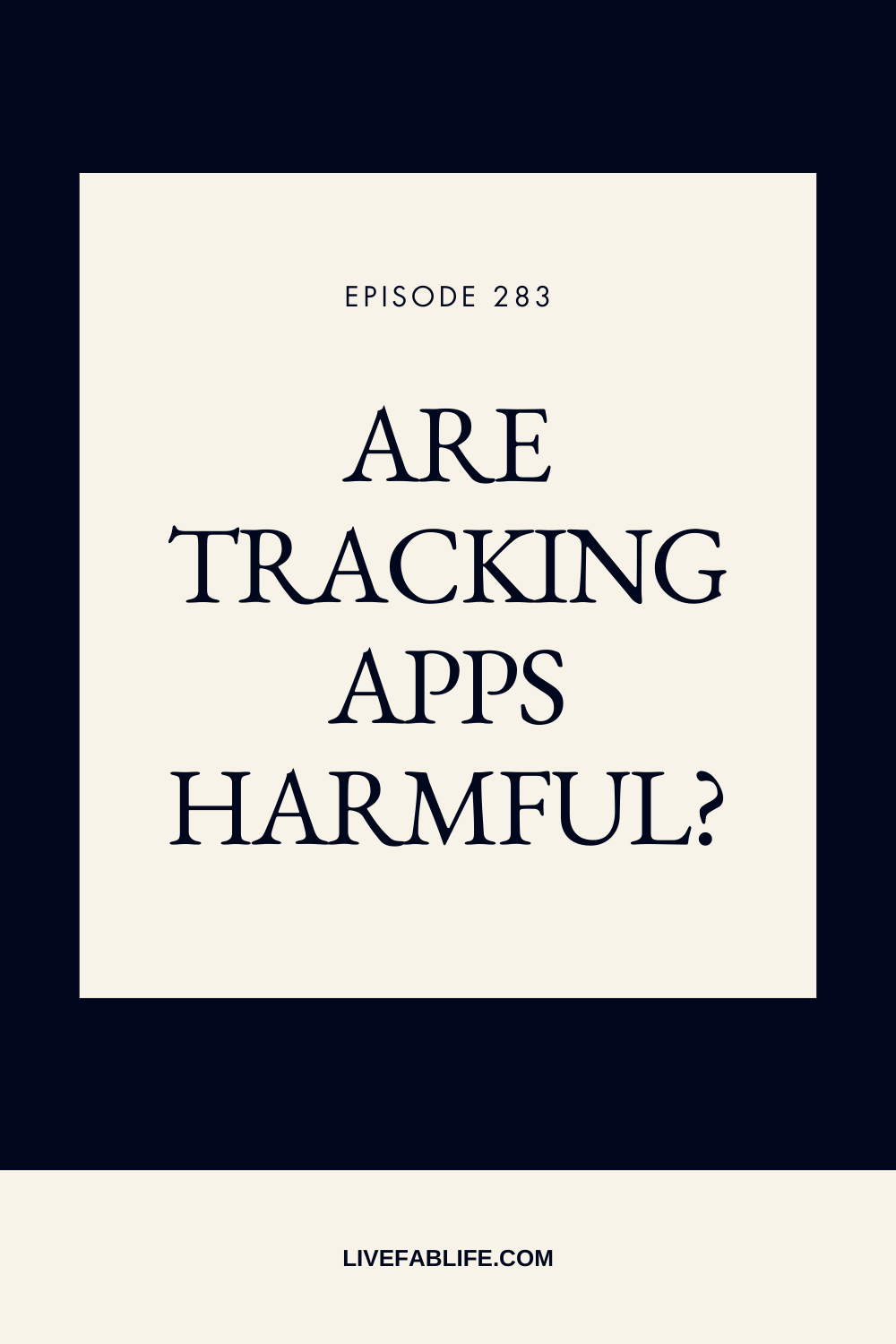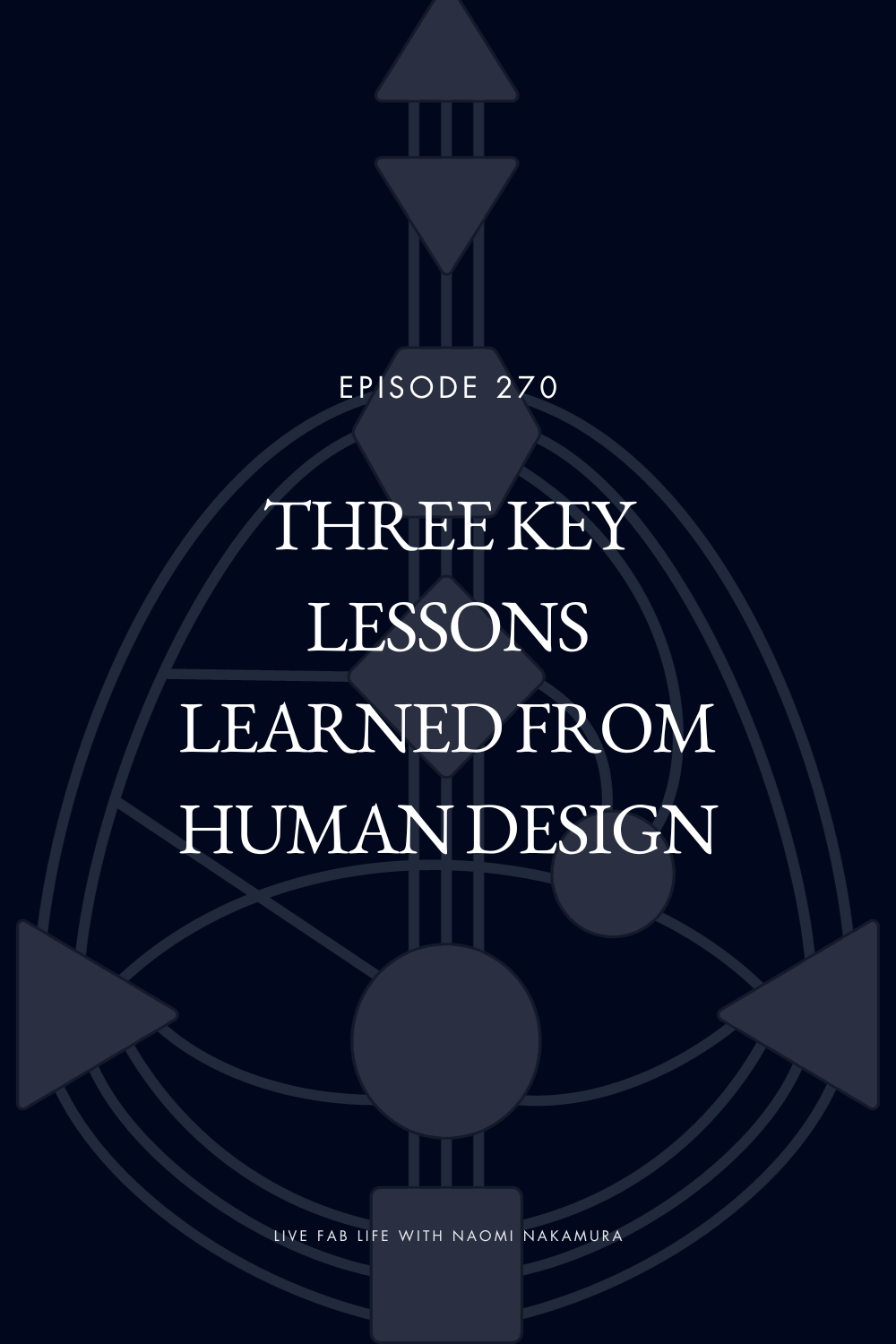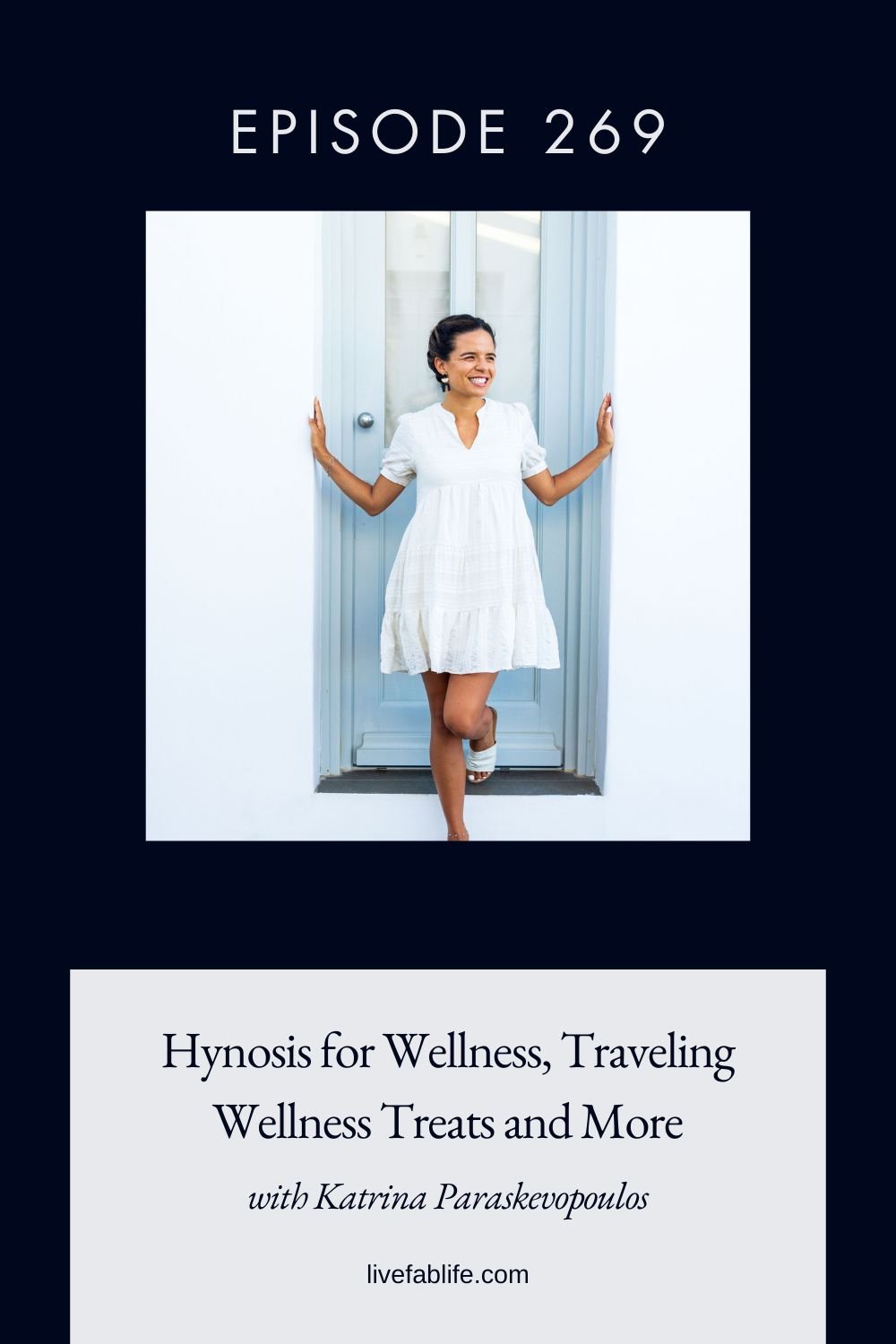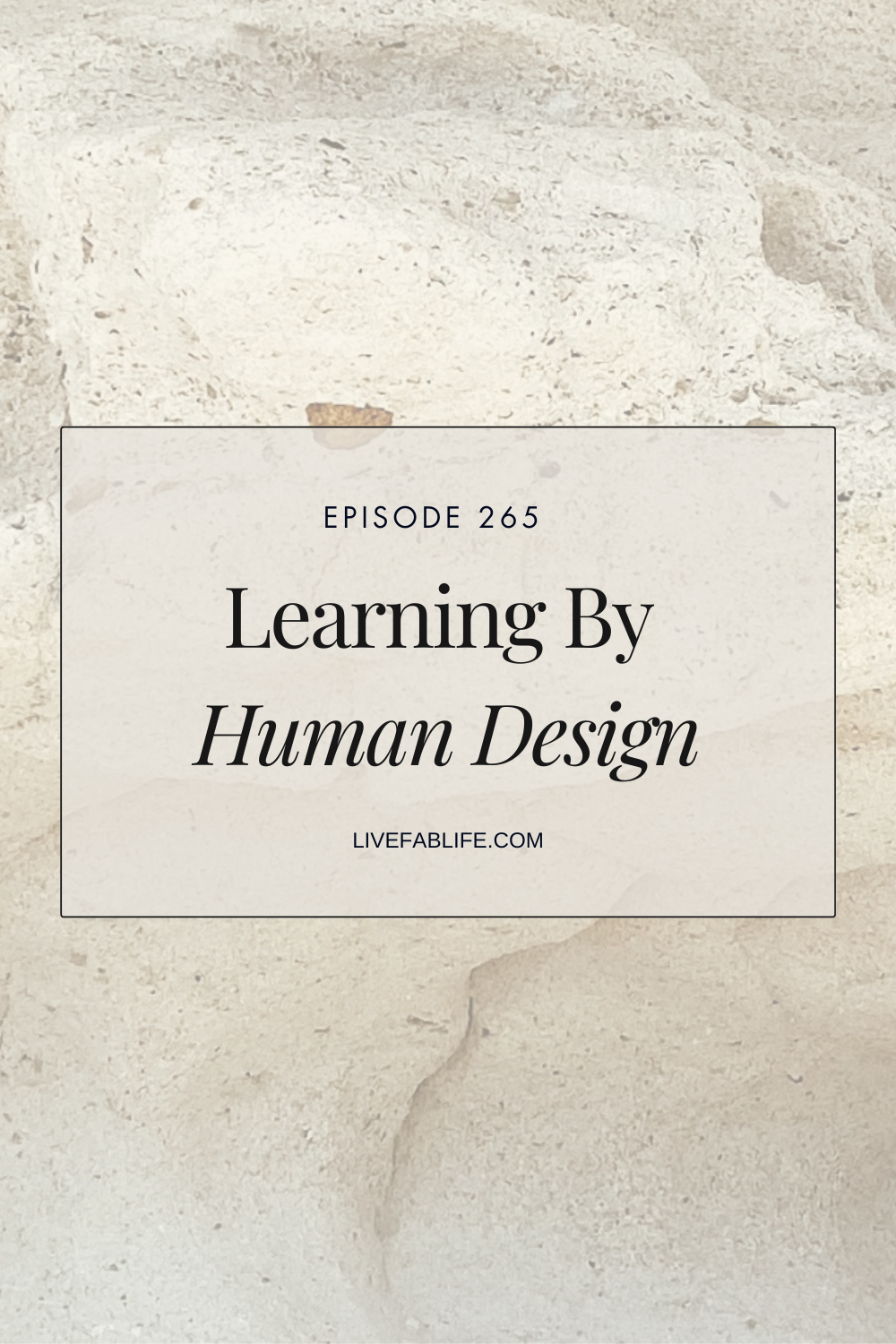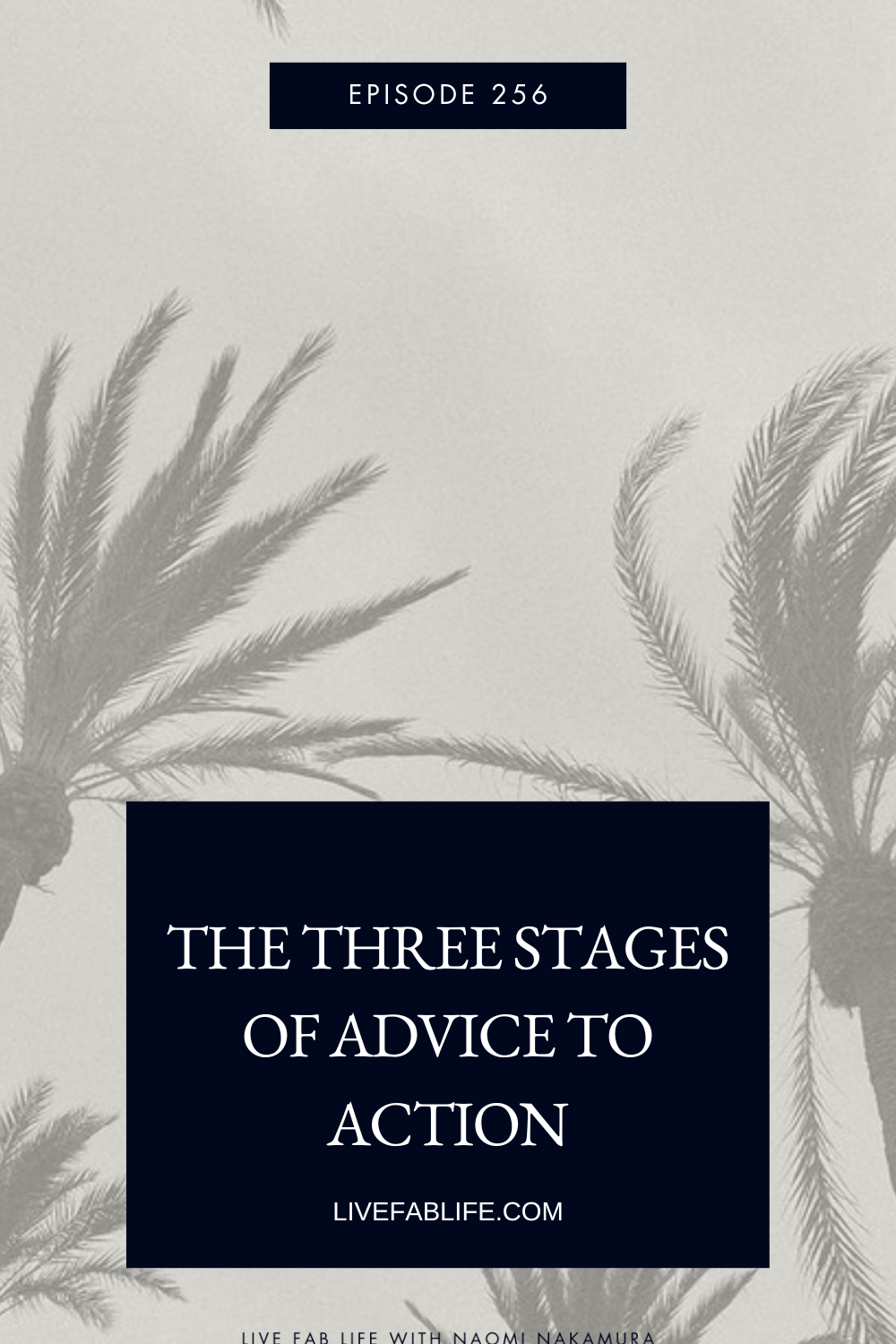Episode 173: The Stories We Don’t Talk About: My Asian American Experience
Wrapping this month’s Asian Pacific Heritage Month series of sharing real people's stories by sharing my story. In this episode I share:
My ethnic heritage
What it was like growing in Hawai’i, then transitioning to life in the mainland as an Asian American
What I’ve learned about the importance of community, and been seen & heard
Listen to the Episode:
Mentioned in this Episode:
Connect with Naomi:
Share the Episode:
“What am I doing to make this a braver space for everyone? If I do nothing, I’m contributing to make this an unsafe space.”
Read the Transcript:
Hello and welcome back to The Live Fab Life Podcast. I'm your host Naomi Nakamura, and as you know, this month, the past three episodes, has been dedicated to sharing, Asian Pacific Islander stories - the stories from my community.
So, it only seemed fitting to wrap-up this month sharing my story. But, in full transparency, I've kind of been dreading doing so because I wasn't sure what exactly that I wanted to say. I went back and forth debating about doing a solo show or another interview.
In fact, invited a few other people to join me to share their story, but for one reason or another, it didn't work out. So, I guess it's meant to be for me to share my story with you, although, I'm feeling a little reluctant to do so because, well….
- I don't feel that my story is as impactful as my other guests’ stories have been
- This feels vulnerable. While I've had vulnerable moments sharing my story on other, this feels emotionally exposing because I’m someone who needs to have a deep understanding of, not just the topic but also, how I feel about a topic, before I feel confident to speak and share it. I attribute this to my 1/3 Profile in my Human Design.
So, I'm recording this on the evening of Thursday May 13th. Thursdays are my weekly deadline to send off my recording files to my podcast production team for them to work their magic, and they return the episode back to me the following week for publishing the week after that.
So, I'm usually two weeks ahead of schedule. So, this episode should have been recorded last night, on Wednesday night, but because I've been grappling about what to say, I didn't record anything yet.
Perhaps it was meant to be, because this morning, I had an opportunity to hear Brene Brown speak. If you aren't familiar with, Brene Brown, she’s a New York Times bestselling author, many times over.
She is a researcher, a storyteller, and I think I heard something like her TED Talk is the most watched TED Talk of all time.
Well, this morning she spoke at a virtual event that my company, my full-time employer held. She speaks on topics like vulnerability and empathy, and during her session this morning she said a couple of things that really impacted to me and shed some clarity about to speak on in this episode.
She defined vulnerability as the emotion we experience during times of uncertainty, risk and emotional exposure…much of what I'm feeling right now.
And she said that we should ask ourselves, “What am I doing to make this a braver space for everyone? If I do nothing, I'm contributing to make this an unsafe space.”
So that's my motivation - if I believe that each person's story is important, and if I'm as passionate about sharing real people's stories, as I've said that I am, then it's important for me to share this part of my story took and continue to make this a safe space to share these stories.
So, I don't know who needs to hear this, or how it might help someone, but here it goes. Let me start my story by sharing little bit about of family history.
I was born and raised in Hawai’i on the island of Moloka’i. I’m what we call “yonsei” or fourth generation. Although, always confused me.
Both of my grandfathers were born in their native countries of Japan and the Philippines and immigrated to Hawai’i as very young children. In that case, I’d be called “sansei” or third generation.
But both of my grandmothers were born on the island of Oahu in Hawai’i, so, if I went by their line, then I am “Yonsei” or fourth generation.
Either way, I was born and raised in Hawai’i on Moloka’i, which is a very small island, population of about 7000, and probably the island that's most culturally preserved, really clinging on to Native Hawaiian traditions, meaning, that the, the community there doesn't have much tourism, nor do they want it.
Now if you know anything about the Hawaiian Islands and it’s history, then you'll know that it’s a melting pot of cultures. So, while my ethnic background is I'm half Japanese from my father's side, and I'm half Filipino from my mother's side, I was raised in what I guess you could call the “local” culture of Hawaii which is a mix of Hawaiian culture with a bunch of other, mostly Asian cultures. Over time, it’s morphed into its own unique culture.
There’s a couple of things I want to note here:
- This unique mix of culture happened over centuries starting from Hawaii being colonized by Europeans starting back in the 1600’s, through the early 1900s when Chinese, Japanese, Filipinos, and I think Koreans too, were brought to Hawaii to work as plantation workers on the pineapple plantations - very, very hard life.
- It's important to understand that Hawaiians are an ethnic group, an indigenous people in and of themselves. So, although I was born and raised in Hawaii, I would never call myself “Hawaiian”, because that's not my ethnic background. A lot of people don't understand this so if you weren’t aware of this, now you are.
Although I was raised in this mixed cultural environment. I was very much aware of what my ethnicity was, and what it wasn't.
But ironically, I really wasn't raised knowing the more traditional aspects of my own Filipino and Japanese ethnicities.
In fact, I sometimes must ask my Filipino and Japanese friends, who know more about our cultural traditions than I do, questions about foods, languages, traditions - it's a little embarrassing sometimes, but I wasn't taught those things.
Personally, I don't recall experiencing any specific moments of discrimination until I went to college. I left home when I was 17 and went to college in Utah. As you can imagine back in the early 90’s it wasn't a very diverse place.
Some of you might think it’s not a very diverse place now, but back then it was even less so. As my friend Luisa and, I who joined me two episodes ago in Episode 171, talked about, all the Hawaii kids naturally found each other, and we formed our own community.
But at the same time, we all made friends with other students from places all over the world, from different races and backgrounds, but it wasn't until I was there at college that I distinctly remember experiences that made us, made me, aware that we might be treated differently, likely because of our race.
Things like being followed around in stores or being served last or having to longer wait times in restaurants, longer than other people who had arrived after us with larger parties.
Then there was the microaggressions. At the time, I didn't know that's what they were called. I didn't know what were microaggressions. I just knew that they were annoying and offensive experiences like:
• Being asked where I was from. Then, when I’d say, I'm from Hawaii, then being asked, “No, but really, where are you really from?” • Or being asked, Oh, how is it that you speak English so well? • Or being walked up to by someone who I didn't even know, usually it was a white person, who’d start speaking to me in some foreign language, as if just because I'm Asian, I'd understand whatever language they were speaking. As a sidenote, I don't speak any other language than English, even though I did study Japanese for four years and I still can't speak a lick of it
And then of course, there were the experiences with people who I considered to be my friends, who made fun of the way I spoke, or of my, and I'm using air quotes here, “accent” because I spoke a little bit differently, pidgin English, which a little broken English, as they call it in Hawaii.
Or I’d use different words for certain things, and they’d make fun of me, or make snarky comments about it.
Looking back now I know, those were microaggressions, and they happened a lot, but I didn’t realize that those things really aren’t acceptable. I just accepted it and unconsciously, changed myself, in some ways letting go parts of my cultural identity to fit in so I wouldn’t be mocked and teased.
Much of this awareness really didn't happen until last summer, during the racial reckoning. And it was emotional for me because I didn't realize that a lot of things that I experienced over decades, especially with people I knew who I’d considered friends at the time, were acts of microaggressions, and I shouldn't have brushed them off or changed myself because of it.
It was also a bit of a confusing time because it was then that I realized that while I identified as an Asian American, in some ways I was really far removed from the Asian American community, and I felt a lot of unease and guilt about it.
I’ve spent a lot of time thinking about all of this, trying to observe without judgment.
Recently, some of my Asian American friends and I opened the dialogue amongst ourselves, talking about some of these things that we'd never talked about before.
And I’m so glad that we did because I didn't realize that I wasn't the only one had these realizations too.
I also wasn’t the only one who was talked over a lot by other people, ignored or felt like my voice wasn’t being heard.
As I mentioned in the first episode of this series, in the introduction of Episode 170, I shared how activist Helen Zia was invited to speak at a company meeting last summer and she said that how Asians are discriminated against is that we're invisible. We're not seen or heard.
When I heard her say this, I was like, “Oh my gosh! This is exactly how I’ve always felt, I just didn't know how to contextualize it.”
I’ve felt that way, my entire adult life since leaving home for college and hearing her say that words, having those feelings being acknowledged, well it was a very emotional moment for me.
I've spent a lot of time over the past year, observing and trying to process the experiences that I've had, how I reacted to them, how I react to them now, and I've come to realize it in some ways, all those times of feeling unseen and unheard, well, that's what’s led to this podcast.
That’s why this show is so important and meaningful to me.
I recently shared in a mastermind group that I belong to that this podcast is a very selfish effort on my part. It exists because I had to share my voice. I had gotten to a point in my life where I was having thyroid issues, and holistically, one way to heal the thyroid is to share your truth. And I had a deep need to share my truth.
And while I share stories and discuss topics that I think are of importance to not just to me but to the community, and to you, because you’re here listening, much of what is discussed on this show, are things that I need to get off my chest and/or are topics and stories that I'm personally curious to hear more about.
I would say that 90% of the guests on this show are people that I know personally, or I’ve followed and admired so I invited them here.
I get pitched to all the time from agencies and people, pitch their clients or themselves to be a guest on this show. But I can probably count on less than my two hands how many of those people have been guests on this show, because I selfishly, have only had guests on who I have a personal curiosity about their story and what they have to share. And so, in many ways, this is a very selfish show.
So, circling back to hearing Brene Brown speak this morning, there's a few things she said that I thought were poignant, that I want to share with you.
She said that feeling seen, being heard, and feeling validated matters. And she asked us what happens when we're not seen, heard, or validated?
I can't speak for everyone, but I know that when I felt this way, when I felt unseen and unheard, it hurts. It’s a deep personal hurt that’s accompanied by a degree of loneliness.
Brene also shared a quote that said, “Loneliness is a better predictor of early death, more so than diabetes and cancer.” and she referenced, John Cacioppo, I don't know if I'm pronouncing his name correctly but I'll link to him in the show notes.
He's a researcher, like her, but his work is focused on loneliness.
She also offered this reference, though in the context of the workplace, I think applies universally, she said that the greatest trigger of shame is the fear of being irrelevant, and that to be seen and valued is why we're here. And so, while dedicating this month to sharing Asian Pacific heritage stories, this is just one tiny thing that I can do to share my community stories. I hope this is the start of more to come,
And I don't know what “more to come”, is or what it’ll look like or if it'll even happen on this show. I'm not an activist, but if I have the opportunity to share stories and to build community…
Well, community, and relationships, these are a pillar of health that we can't ignore.
So, if I can continue to help people be seen, feel seen, and be heard, then I want to continue to do so.
As it’s been all month, my one call to action for you is to look around your community, regardless of ethnicity or background, look at people as human, look at your friends, acquaintances, extended family, colleagues, and ask yourself how well you know them? How well do you know their stories?
And if you don't, ask them to share it with you and let them be heard.
When we know each other we’re kinder, more accepting, more empathetic, more compassionate – it’s how we build relationships, support systems and communities. And that’s what I want the takeaway to be from this episode. It took me a long time to figure it out, but this is really what I wanted to say so.
As always thank you so much for listening and for letting me be heard. It really does mean so much to me.
Take care and I’ll see you right back here again next week.
Bye!
Naomi Nakamura is a Functional Wellness & Human Design Coach. She helps women who struggle with stress, fatigue, and burnout find freedom and empowerment by optimizing their health, finding balance, and upgrading their energy so they can live life on their own terms.
Combining her diverse professional background, and her unique approach integrates Functional Nutrition and Human Design she guides clients on a highly individualized journey of self-discovery, observation, and integration by removing physical, mental, and emotional confusion and overwhelm, simply taking them back to the very basics of health through their Human Design.
She believes that when our bodies function optimally, our personalities and souls can shine through everything that we think and do with empowering clarity and ease.
Naomi resides in the San Francisco Bay Area and can often be found exploring the area with her puppy girl, Coco Pop!
Connect with Naomi on: Instagram
| Pinterest




